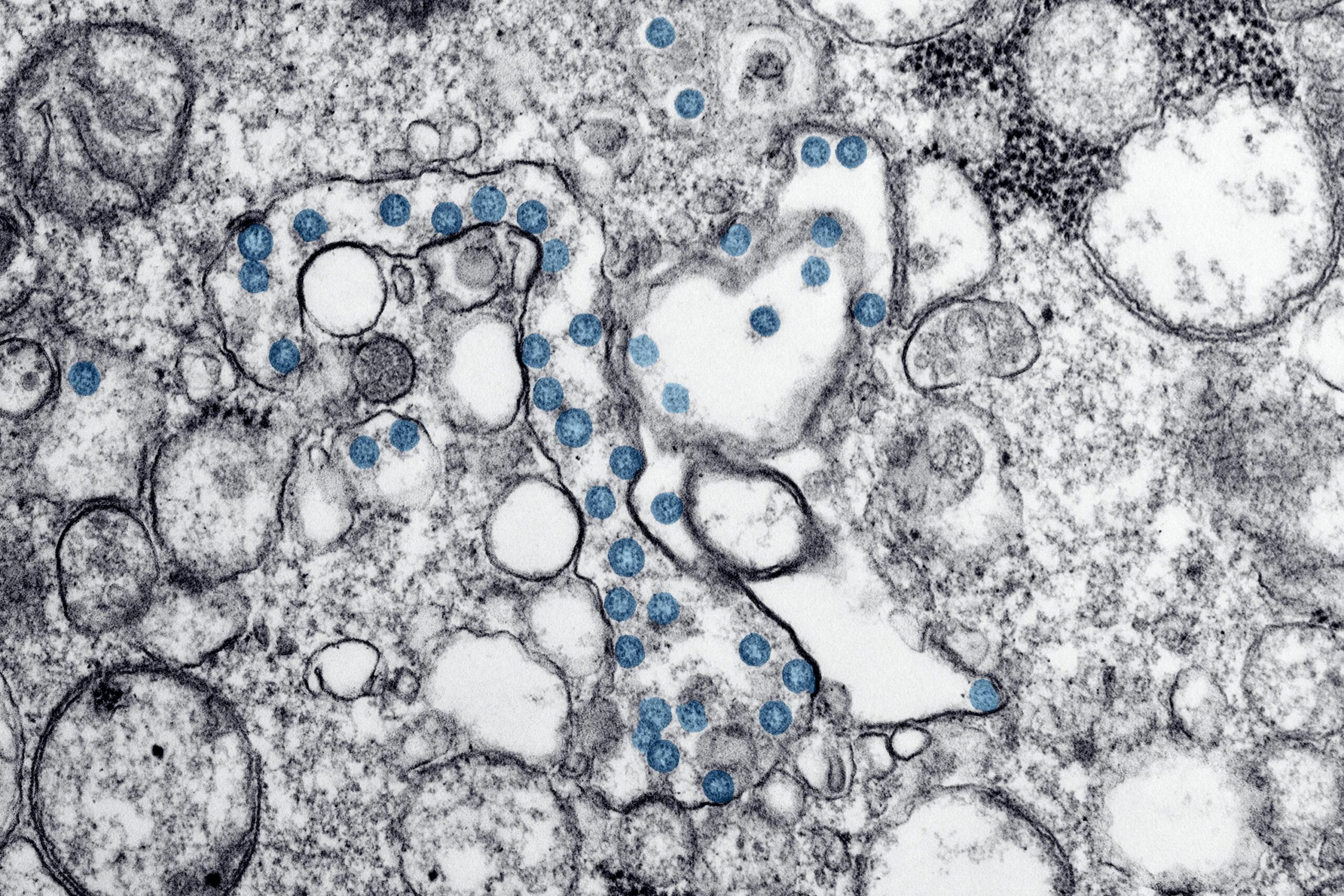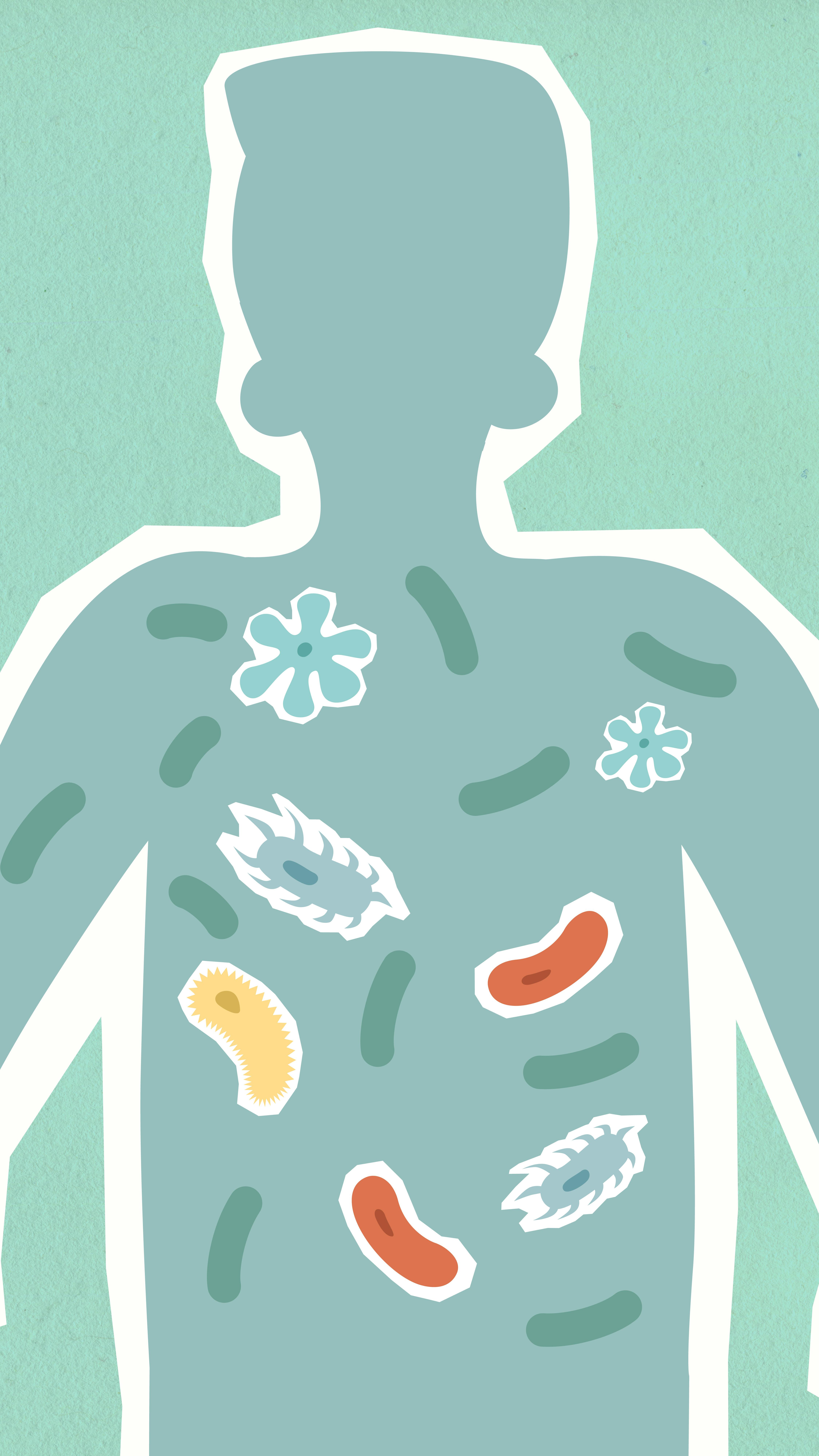You are what you eat literally. Every food choice you make determines whether good or bad bacteria run amok in your mouth. And a recent study suggests eating food high in sugar and carbohydrates can ruin your oral microbiome. A team of researchers from the University of Buffalo report that postmenopausal women who regularly eat junk food have harmful bacteria linked to tooth decay and periodontal disease growing in their mouths.
The research study is the first to look at the association between the number of carbohydrates a person consumes — think foods such as doughnuts, baked goods, soft drinks, bread, and non-fat yogurts — and the subgingival (under the gums) microbiome.
“This is important because the oral bacteria involved in periodontal disease are primarily residing in the subgingival plaque,” explains lead author Amy Millen, PhD, associate professor of epidemiology and environmental health in UB’s School of Public Health and Health Professions in a statement. “Looking at measures of salivary bacteria might not tell us how oral bacteria relate to periodontal disease because we are not looking in the right environment within the mouth.”
The team took samples taken of subgingival plaque from 1,204 postmenopausal women. They found total carbohydrates, glycemic load, and sucrose intake were associated with the growth of Streptococcus mutans. Previous research has linked the bacteria tooth decay and different forms of heart disease.
Eating a lot of sugary foods was associated with Letotrichia spp., which is connected to gingivitis. Other bacteria linked to high-carb foods or foods with high glycemic loads contribute to periodontal disease.
“We examined these bacteria in relation to usual carbohydrate consumption in postmenopausal women across a wide variety of carbohydrate types: total carbohydrate intake, fiber intake, disaccharide intake, to simple sugar intake,” Dr. Millen says. “No other study had examined the oral bacteria in relation to such a broad array of carbohydrate types in one cohort. We also looked at associations with glycemic load, which is not well studied in relation to the oral microbiome.”
Correlation does not necessarily mean causation, and the reasons behind the increased risks are still under investigation. “As more studies are conducted looking at the oral microbiome using similar sequencing techniques and progression or development of periodontal disease over time, we might begin to make better inferences about how diet relates to the oral microbiome and periodontal disease,” Dr. Millen says.
The study is published in the journal Scientific Reports.











